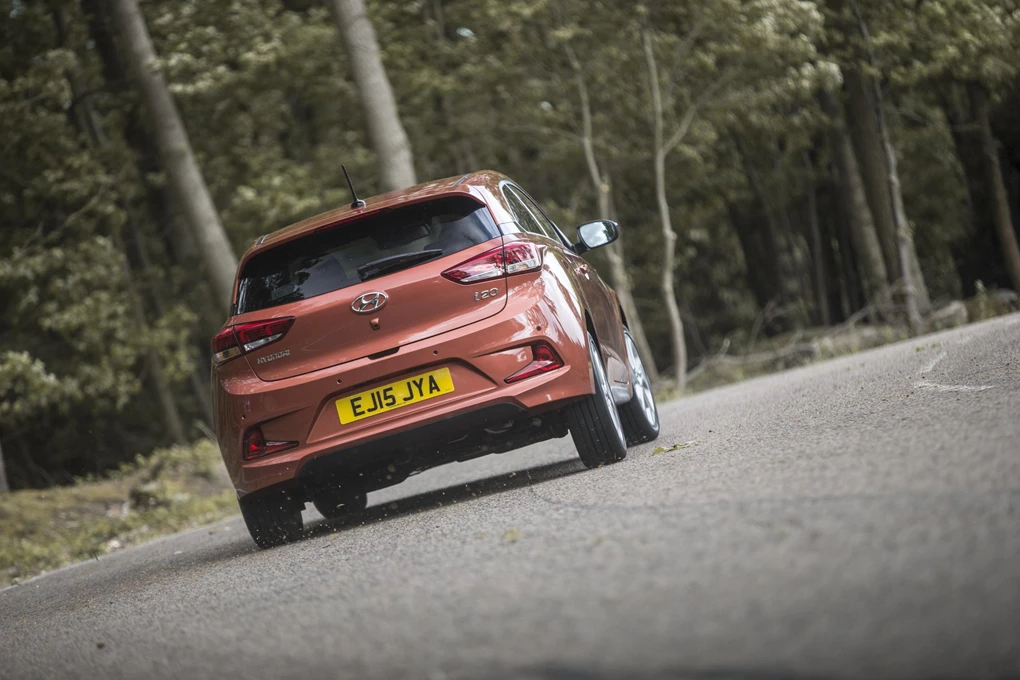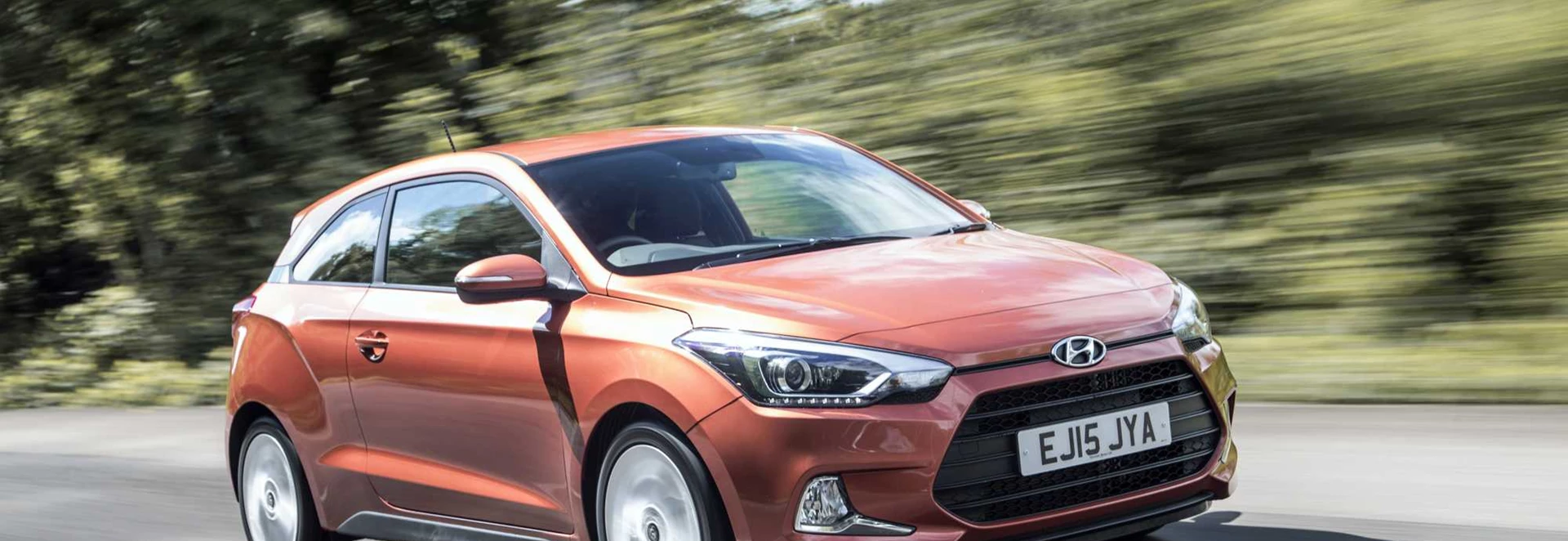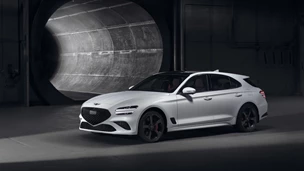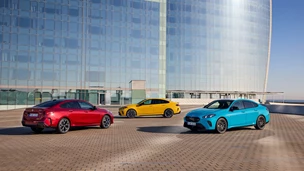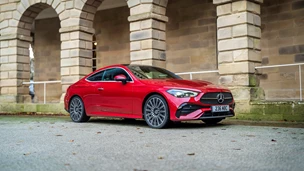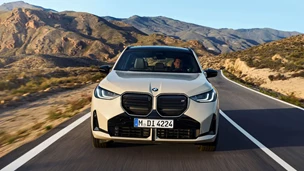The Hyundai i20 has long been a solid earner for the South Korean brand – and its latest-generation model brings a whole new aesthetic with it. The i20’s new front-end is sportier than ever before and, with exception of the maybe the Mazda3, we think it’s the best looking small hatch on the market.
But what of the Coupe? Well, in an attempt to attract “young, lifestyle-oriented consumers”, Hyundai released a slightly sleeker three-door version of the hatchback, with more aggressively raked A, B and C pillars, a reworked grille design and a chunkier rear bumper.
A sporty three-door variant isn’t a new concept though, the i20 Coupe will have to face competition from the likes of the Peugeot 208, Ford Fiesta and SEAT Ibiza ST. And when it comes to like-for-like comparison, the i20 Coupe’s higher price tag will be a massive factor. But what do you get for the price?
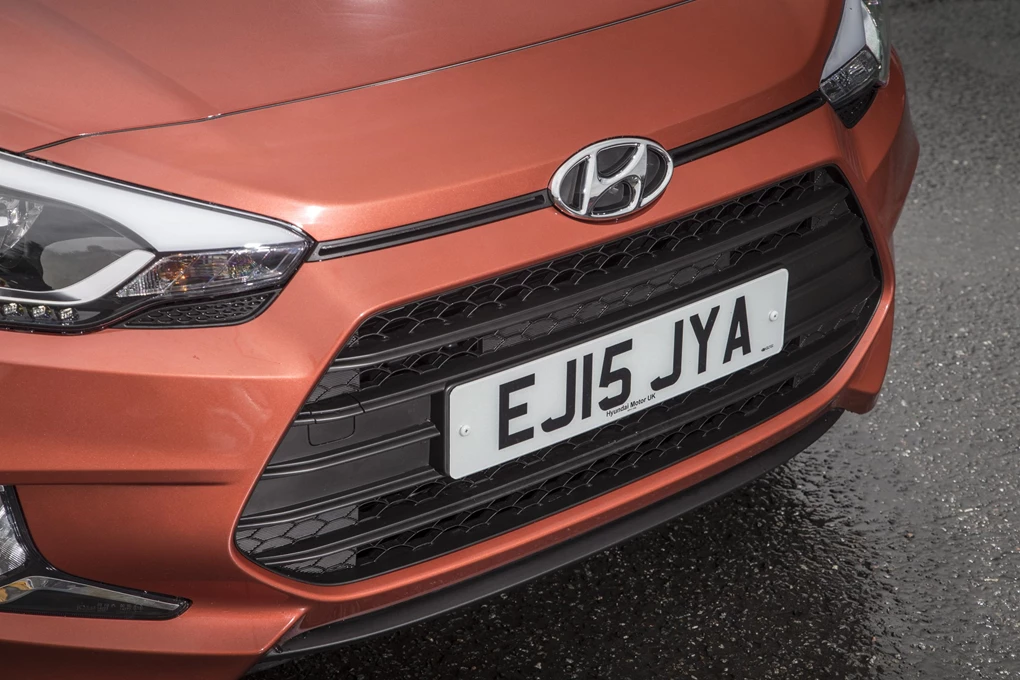
Performance
The i20’s engine range is surprisingly sparse. Unlike the hatchback which has a range of diesels and a choice of either manual or automatic transmissions, the Coupe offers just three engine variants, all mated to either a five-speed or six-speed manual gearbox.
These engines consist of a 1.0-litre three-cylinder turbocharged petrol engine with either 99bhp or 118bhp and a 1.2-litre four-cylinder naturally-aspirated petrol with 83bhp. A 1.4-litre diesel was available in the range initially, before Hyundai pulled it due to lack of demand.
All three engines lack a bit of oomph in the i20 Coupe, with the three-pot turbos failing to give you a gleeful smirk when the turbo kicks in – unlike equivalent engines from its competitors. The turbo units do still emit an entertaining rumble though. The most powerful engine for the Coupe, the 1.0-litre 118bhp, actually boasts a 0-62mph sprint time of 10.2 seconds – but it doesn’t feel as fast as that.
The Coupe’s three petrols have enough power for day-to-day urban driving though and if it wasn’t for Peugeots and Fords three-cylinder turbos being so impressive in the 208 and Fiesta respectively, then I don’t think the i20 Coupe’s underpowered nature would be as big of a talking point.
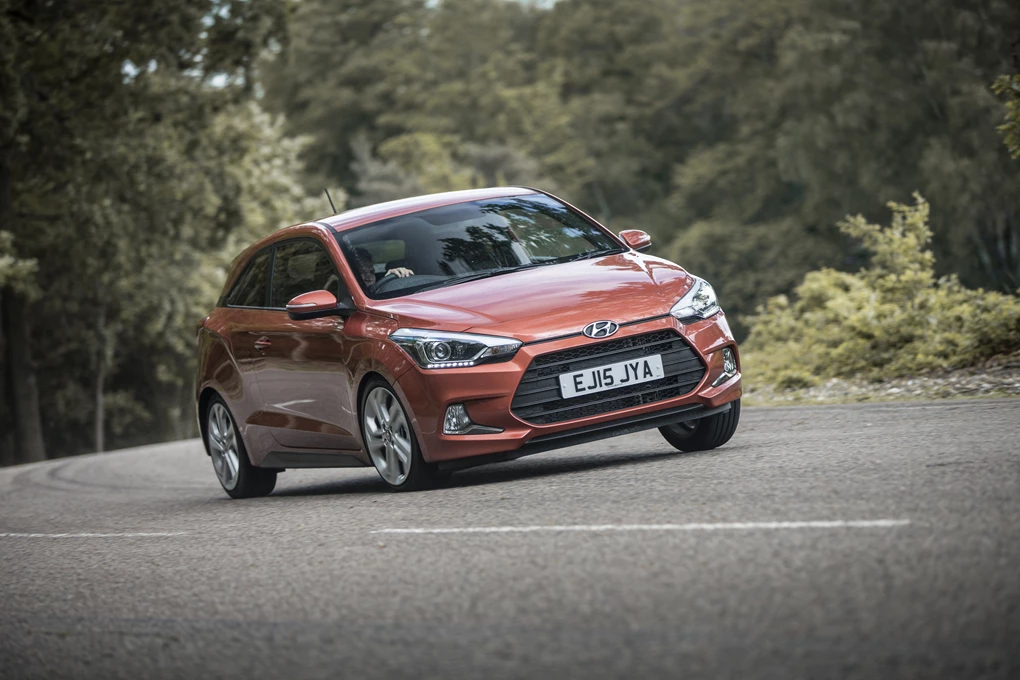
Ride and Handling
The steering could do with more weight, which would really enhance its country road prowess, but its light nature means it favours those who are likely to stick to around-town driving.
This is where the i20 Coupe strikes a great balance. It’s not as exciting as the Ford Fiesta to drive, but the steering is sharp and the suspension is spot on for the type of car it is, swallowing pot holes and bumps and yet not being too floaty to the point where it can’t handle corners. The steering could do with more weight, which would really enhance its country road prowess, but its light nature means it favours those who are likely to stick to around-town driving. For such a small car, the i20 Coupe is also surprisingly well-insulated from outside wind and road noise. It actually feels more like an SUV in this respect.
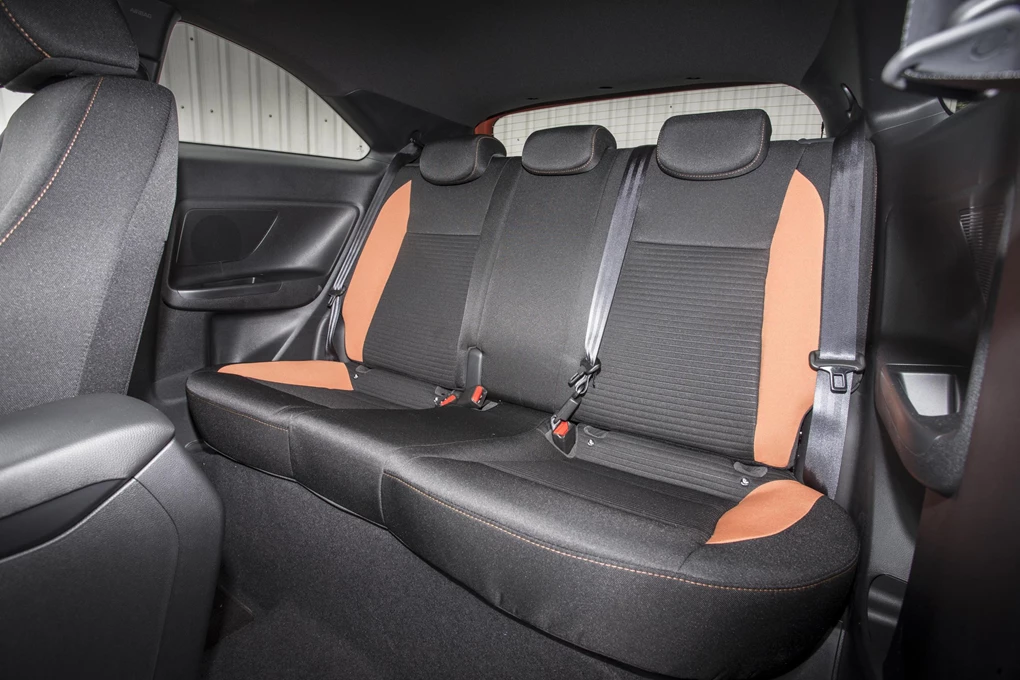
Interior and Equipment
The Hyundai i20 won a Red Dot Design Award for its stylish appeal in 2015.
Like many other Hyundais, kit levels are one of the i20’s trump cards. Every i20 Coupe model gets the same amount of equipment as you get on a mid-spec i20 hatchback, so that includes parking sensors, Bluetooth, DAB digital radio, 16-inch alloys and cruise control. Climb from SE to Sport and that gets you rear LED lights, power folding mirrors, 17-inch alloys and privacy glass. The flagship Sport Nav model adds sat-nav with TomTom Live services and a rear view camera. An exclusive £550 option for the i20 Coupe is a Tangerine Orange paint job, which comes accompanied by orange inserts on the dash and seats – giving sportier character. The interior layout of the Coupe is identical to the hatchback, which means a logical layout of buttons, cool blue ambient lighting and a mix of hard-wearing and high-quality materials – the latter being splashed on the dashboard. Space and practicality up front is impressive, with loads of headroom, enough for six footers, two cup holders and plenty of storage compartments, including a large one in front of the gearstick. The rear is accommodating too, with lots of legroom on offer and impressive headroom. Head space is impeded slightly if you sit in the middle seat though. At over 300 litres, the Coupe’s boot is best-in-class. The only downside is that the rear seats, although splitting 60:40, don’t fold flat and the loading lip is quite big.
Cost
When it comes to price, the i20 Coupe starts from around £13,000 – that’s £3,000 more expensive than the i20 hatch and considerably pricier than entry-level models in the Ford Fiesta and SEAT Ibiza.
With no diesel option, the lower-powered 98bhp 1.0-litre turbo petrol is the most efficient engine, emitting 104g/km and claiming an impressive combined return of 62.8 mpg. The problem is however, you most likely won’t get close to that mpg figure. In the 118bhp model, which boasts similar figures, we were getting around 30-35mpg around town and 40-45mpg on the motorway. The likes of the SEAT Ibiza and Ford Fiesta offer better efficiency options. When it comes to price, the i20 Coupe starts from around £13,000 – that’s £3,000 more expensive than the i20 hatch and considerably pricier than entry-level models in the Ford Fiesta and SEAT Ibiza. The Coupe does come kitted up to the eyeballs though, so make sure you take that into consideration.
Our Verdict
With a slightly enhanced exterior design, the i20 Coupe is for those who want to make the most out of the i20’s attractive looks yet retain the model’s practicality. That may, however, rely on that fact that whoever is looking at the Coupe model is already sold on the i20. For those weighing up the i20, Ford Fiesta, SEAT Ibiza and Peugeot 208, the Coupe may be a hard sell, due to its high price tag and lack of engine choice and efficiency. But again, those who look closer will see that the i20 has a lot of kit on offer for the price. It’s unfortunate that this is the case, but ultimately sales of the i20 Coupe may come down to whether “young, lifestyle-oriented consumers” simply must have Bluetooth, DAB and parking sensors.
